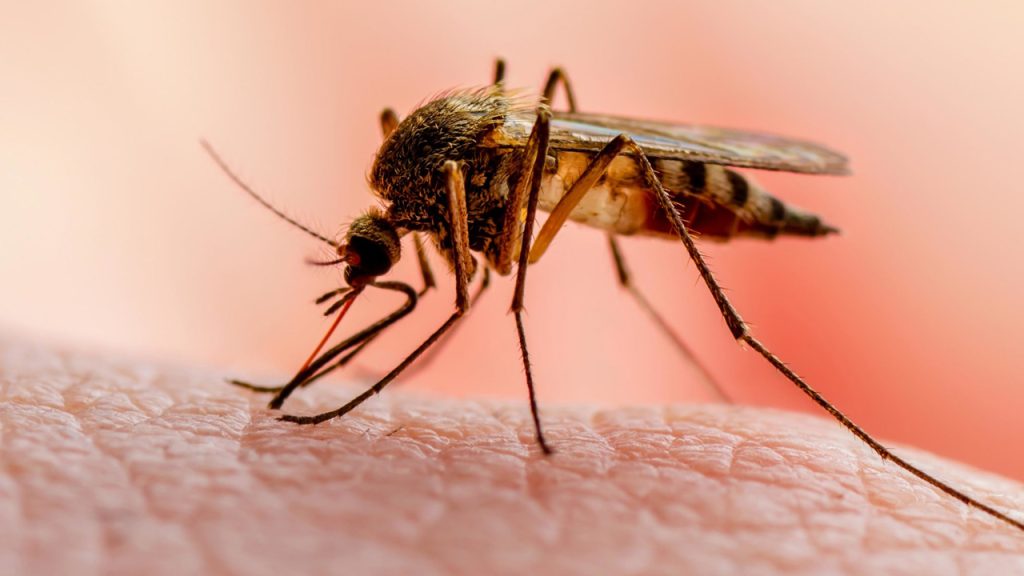The Lagos State Ministry of Health and the Society for Family Health have signed a Memorandum of Understanding on an initiative to combat malaria in Lagos.
This was contained in a statement made available to the News Agency of Nigeria on Tuesday.
According to the statement, under the World Bank-supported Malaria Impact Project, the SFH is deploying innovative strategies to reduce the malaria burden by enhancing prevention and treatment services in both public and private healthcare facilities in the state.
It said Nigeria was among the countries most affected by malaria, with over 97 per cent of the population at risk.
It added that in 2021, Nigeria accounted for 27 per cent of the global malaria burden and 31 per cent of malaria-related deaths, predominantly affecting vulnerable groups such as children under five and pregnant women.
The statement explained that the Lagos State Impact Project seeks to address these disturbing figures by aligning with the National Malaria Strategic Plan and implementing evidence-based interventions.
“The MoU, signed by the Lagos State Commissioner for Health, Prof Akin Abayomi, and SFH’s Managing Director, Dr Omokhudu Idogho, underscores a strategic partnership focused on reducing malaria prevalence through enhanced prevention and treatment services.
“This collaborative effort is being supported by the World Bank to strengthen healthcare delivery across both public and private facilities in Lagos,” it said.
During the MoU signing ceremony, Abayomi emphasised the importance of the Malaria IMPACT Project, which aligns with the National Malaria Strategic Plan.
“Nigeria continues to bear the brunt of malaria, contributing significantly to global malaria morbidity and mortality rates, especially among vulnerable populations like children under five and pregnant women.
“This project is a critical step in reducing these numbers, as it aims to expand access to malaria prevention tools, such as insecticide-treated nets, and improve diagnosis and treatment services across the state,” he said.
On his part, Idogho highlighted the significance of the project, saying the Malaria Impact Project focused on strengthening malaria diagnosis and case management.
He said the SFH would collaborate with the Lagos State Malaria Elimination Programme to enhance malaria diagnosis through the expanded use of Rapid Diagnostic Tests and microscopy.
According to him, community engagement and behaviour change as well as Public-Private Partnerships for Malaria Elimination, are other areas of focus for the project.
NAN
